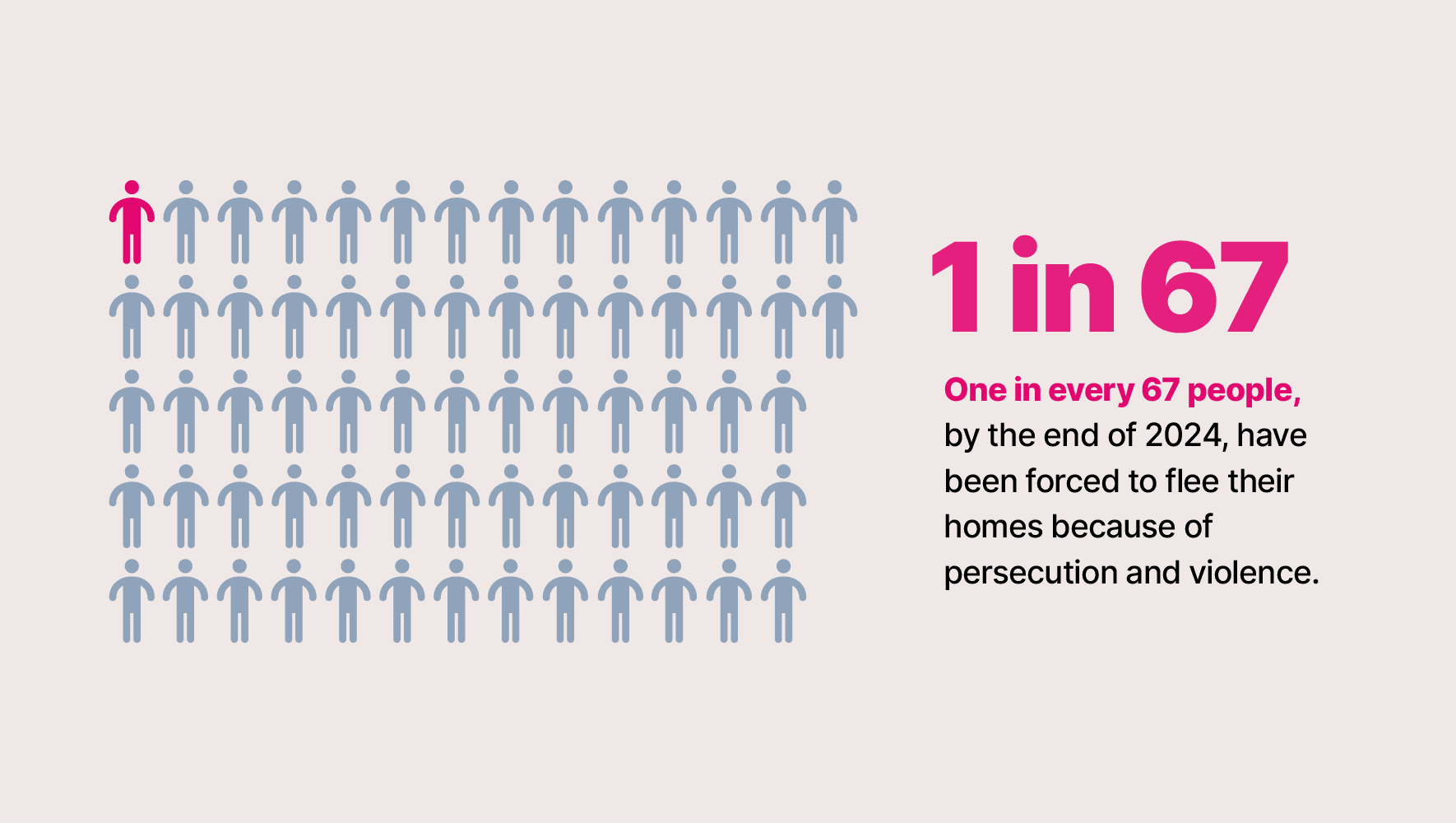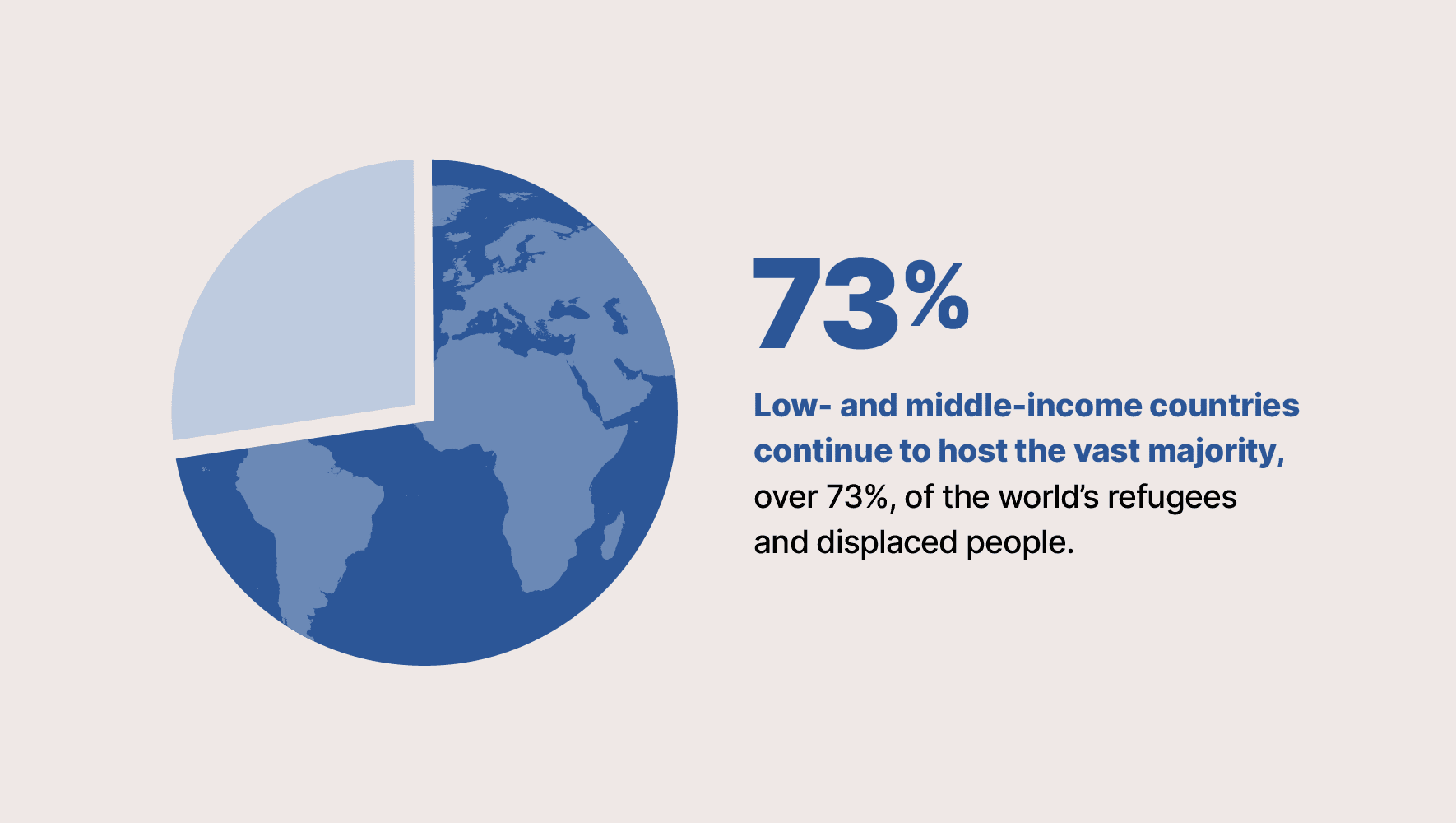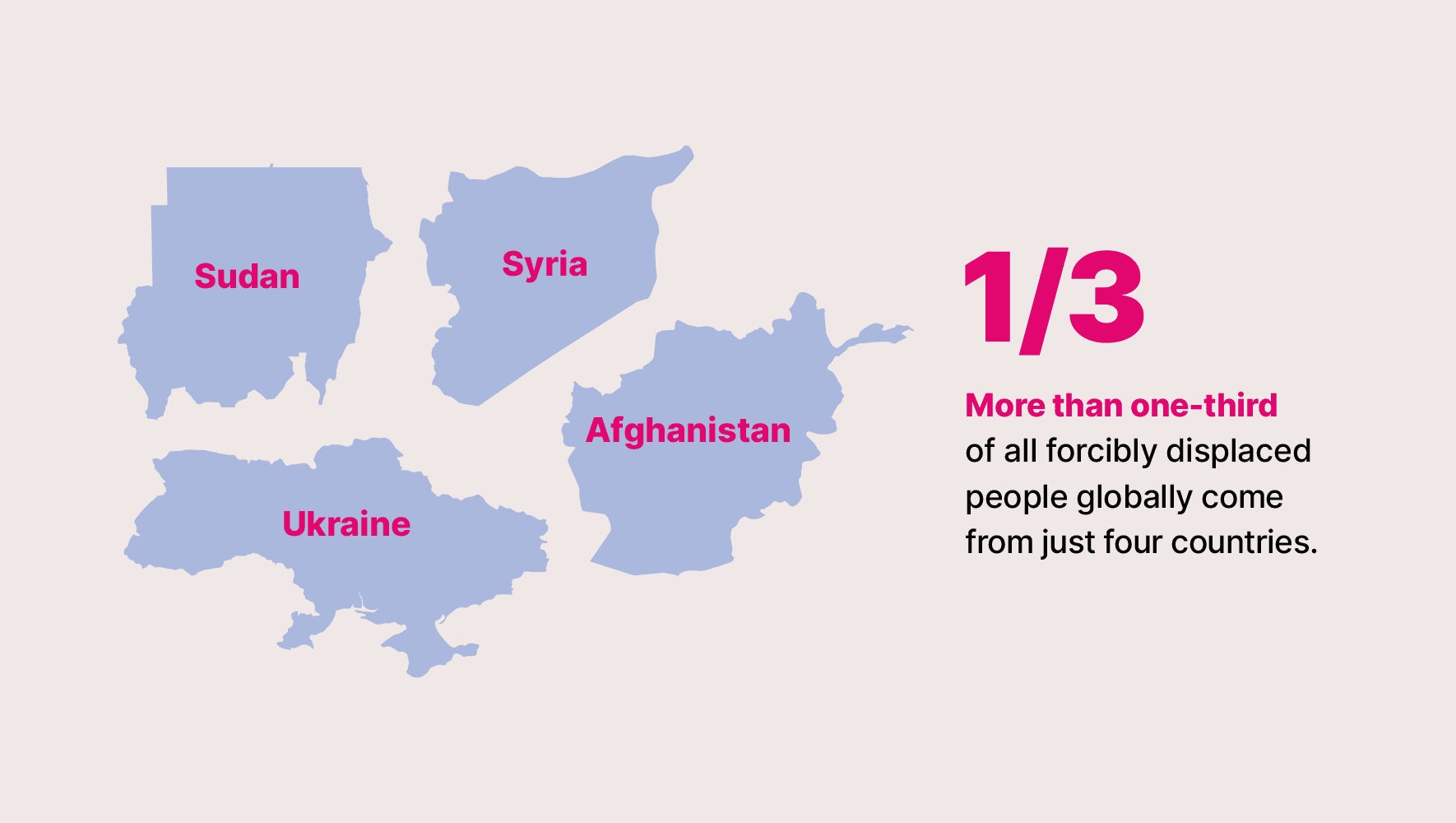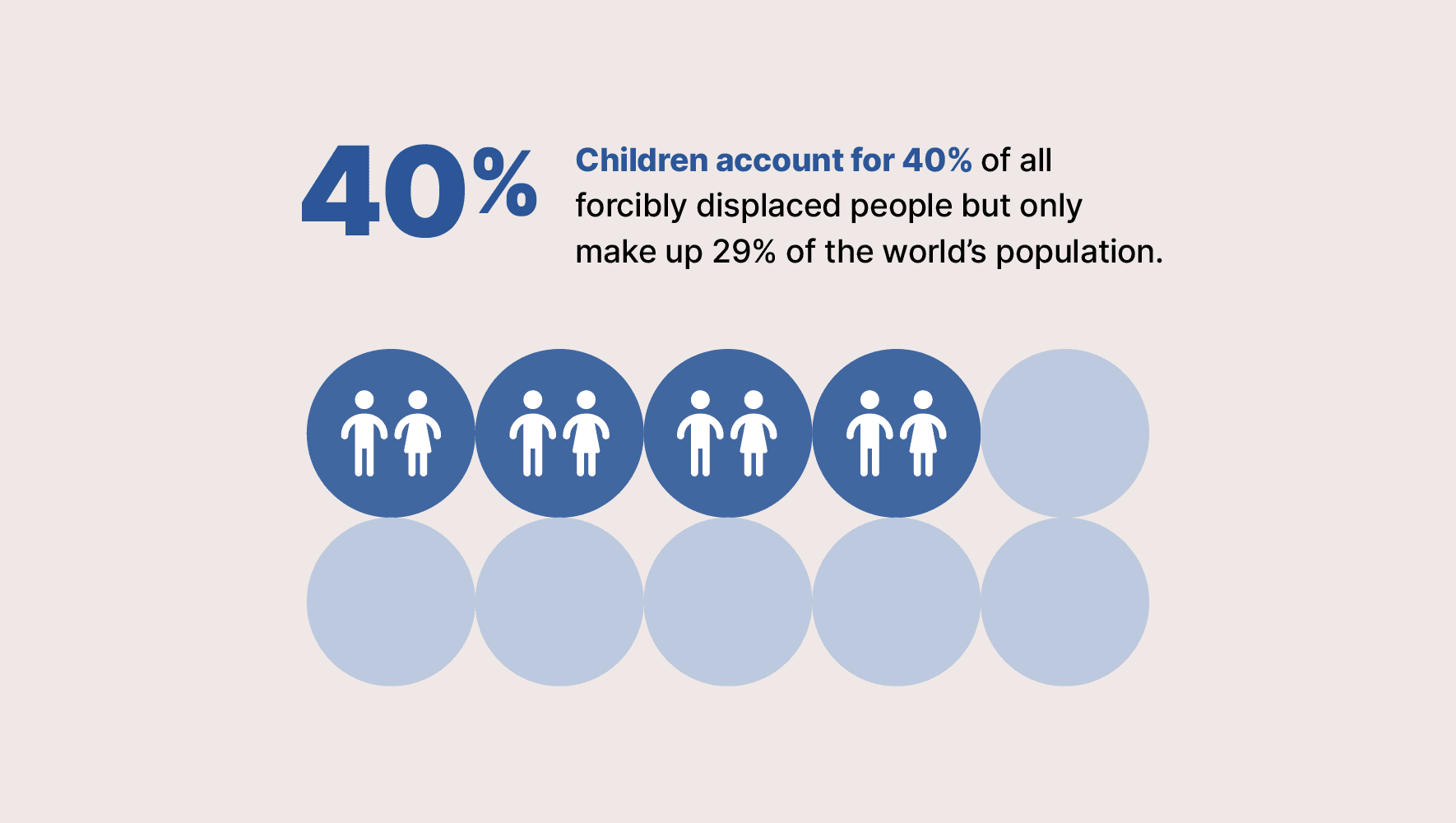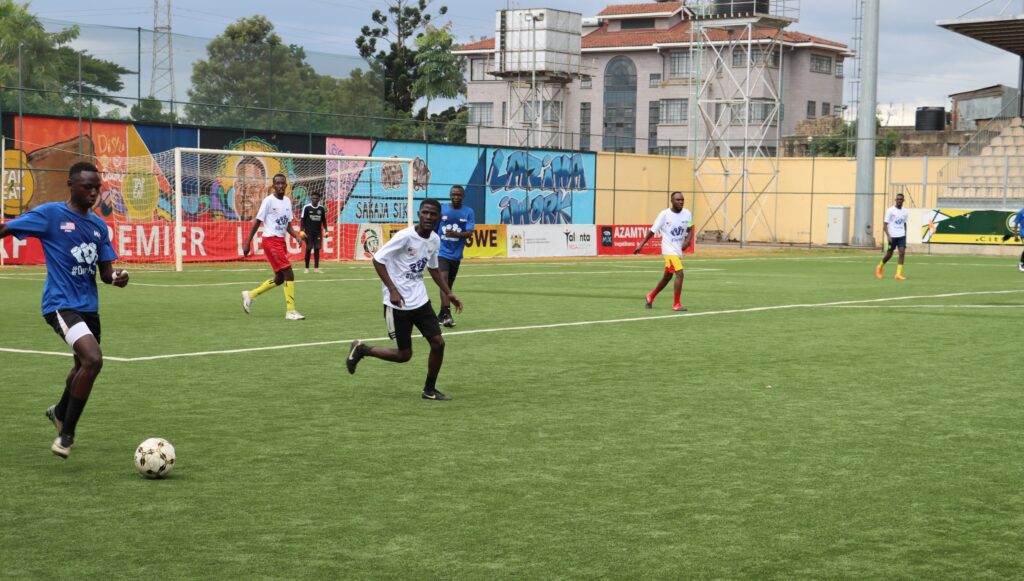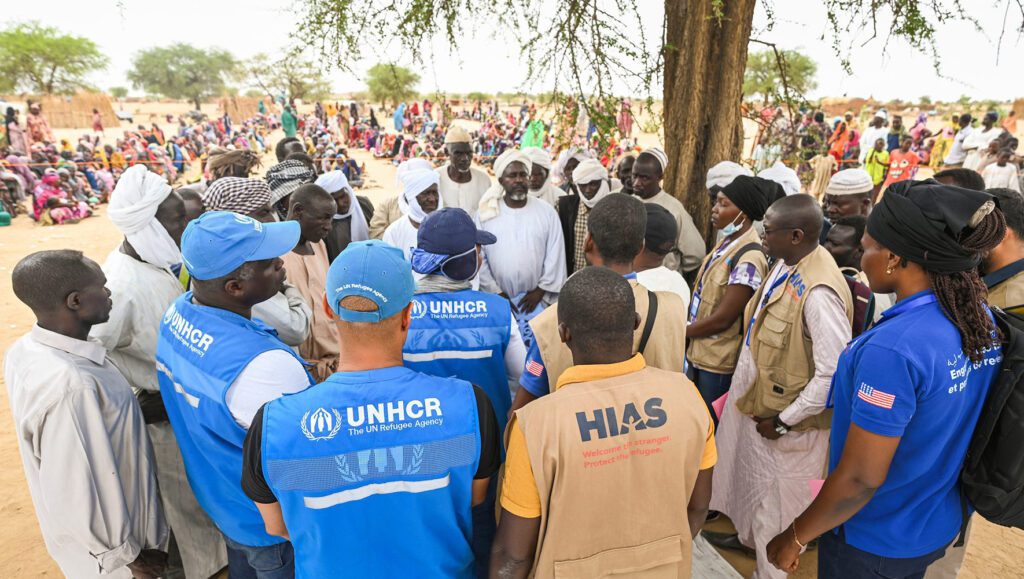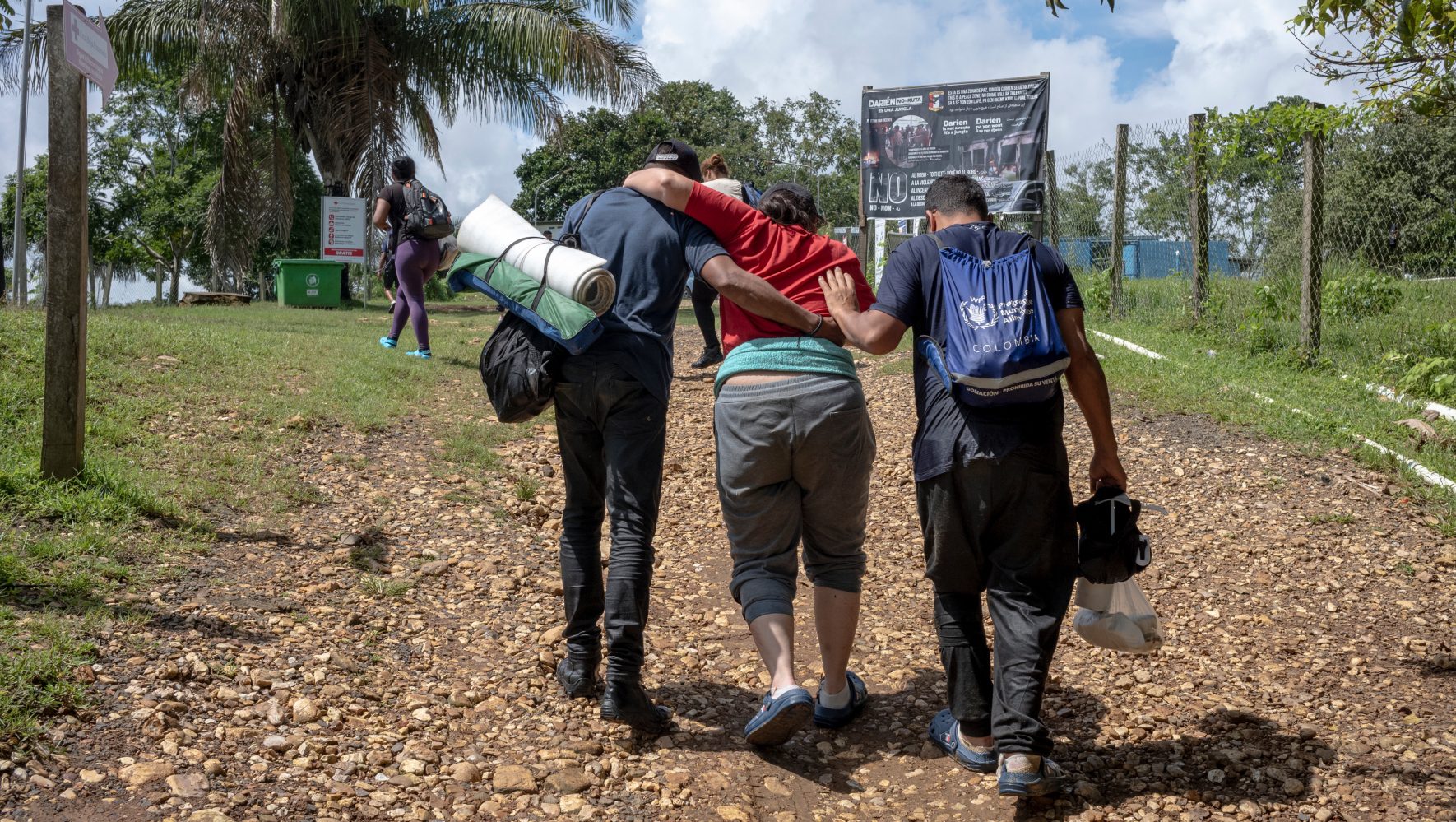
In recognition of World Refugee Day, UNHCR released its annual Global Trends report, which includes data about the plight of refugees around the world. The facts are sobering. The number of people forcibly displaced worldwide has now surpassed 122 million, a record. By the end of 2024, one in every 67 people has been forced to flee their homes because of persecution and violence.
Low-and middle-income countries continue to host the vast majority, over 73%, of the world’s refugees and displaced people. More than one-third of all forcibly displaced people globally come from just four countries: Sudan, Syria, Afghanistan, and Ukraine.
Numbers to Know
- Total Displaced: 122.1 million people, including refugees, asylum seekers, and internally displaced persons (IDPs).
- Stateless: 4.4 million people remain stateless, lacking nationality and rights. 1.4 million stateless people are also displaced, predominantly Rohingya from Myanmar. 47,200 stateless individuals acquired citizenship in 2024.
- Children: Children account for 40% of all forcibly displaced people — but make up only 29% of the world’s population.
- Sudan: Over 14.3 million Sudanese remain displaced from the country’s civil war and are now at risk of famine. Millions of Sudanese are seeking refuge in neighboring Chad, where HIAS has worked for more than two decades to provide critical assistance. One in 16 people in Chad are now displaced.
- Gaza: The conflict in Gaza has displaced 90% of the population and many people have been forced to flee violence several times since October 2023. Many people face severe hunger, with humanitarian access severely restricted.
- Ukraine: 8.8 million Ukrainians remain displaced inside and outside the country. HIAS continues to provide humanitarian assistance in Ukraine and the region in partnership with local organizations.
- Returnees: 9.8 million displaced people returned to their homes or countries of origin in 2024, including 8.2 million internally displaced people.
Recent funding cuts to humanitarian assistance in the United States and around the world have only deepened the global refugee crisis. At a time when the number of displaced people has doubled in the last decade, HIAS calls on governments to expand their support to refugees, including provisions of food aid, physical and mental health care, legal support, economic assistance, and shelter.
